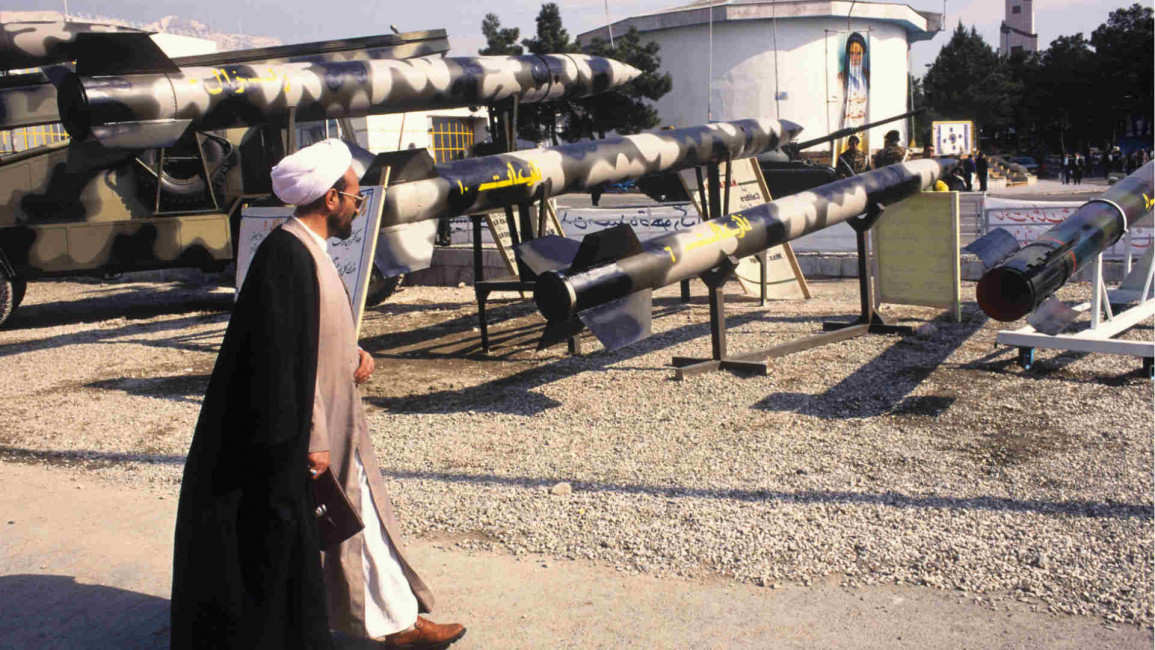Iran unveils next generati on missile, boasting deterrent capabilities
Iran unveiled the next generation of its Fateh Mobin short-range balistic missile on Monday, according to the pro-government Tasnim news agency.
"As promised to our dear people, we will not spare any effort to increase the missile capabilities of the country and we will certainly increase our missile power every day," the minister, Brigadier General Amir Hatami, said.
He described the new version of the Fateh Mobin as "100 percent domestically made... agile, stealth, tactical (and) precision-guided".
Hatami added that the missile can evade radar, has pinpoint accuracy, and will bolster Iran's deterrent and defence capabilities.
Iran's missile programme is a major bone of contention with world powers, particularly the US, but is seen by Iran as vital to its security and defence.
President Donald Trump, who pulled out of the 2015 nuclear deal with Iran and world powers in May, has called for a new agreement that restricts Iran's missile capabilities and regional interventions.
Twitter Post
|
Monday's announcement of a new Fateh Mobin missile comes on the heels of Iran's test-fire of an anti-ship missile during last week's war drills in the Strait of Hormuz.
Although that missile was fired inside Iranian territorial waters and not unusual during military exercises, Washington viewed it as a message regarding the new sanctions it imposed on Tehran.
Last Sunday's actions by the Iranian Revolutionary Guard was thought to be the first time in a year that Iran has test-fired a ballistic missile.
Earlier this month, the US reimposed its first set of two sanctions on Iran earlier, targeting the country's access to US banknotes. A second set of tougher sanctions will take effect on 4 November and target the country's oil industry.
The Trump administration has said the reimposition of sanctions are not intended to achieve regime change, but to get Iran to "behave like a normal country".
However, several of Trump's top administration officials - including National Security Adviser John Bolton and Secretary of State Mike Pompeo - have previously called for regime change in Iran.
Follow us on Twitter: @The_NewArab



